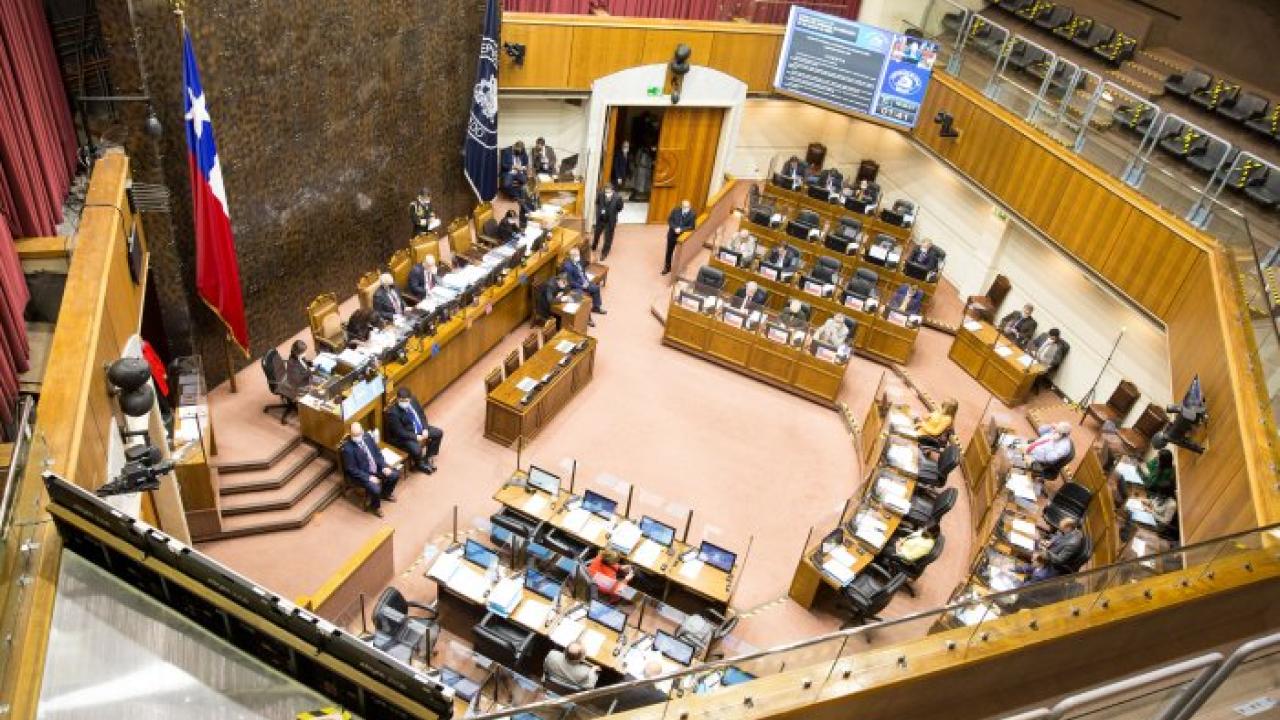
However, this approval has generated controversy, with analysts expressing concern about the true impact of the measure and the government's decision to scrap a widely supported political agreement. In addition, an increase in waiting lists at the National Health Fund is anticipated.
This Monday afternoon, the Chamber of Deputies of Chile finally approved and dispatched the short law of Isapres (Pension Health Institutions), closing a year and a half of debate on how insurers will comply with the Supreme Court's ruling on the table of factors, that is, with the way in which they must return the extra money collected from their members for years and that motivated the Supreme Court ruling. Hours before, this rule had also been approved by the Upper House.
The bill seeks to ensure compliance with the court ruling that urges insurers to adjust factor tables and refund excessive charges to their members.
Although 78 votes were required to reach the qualified quorum, the law was approved with a large majority of 122 votes in favor, 14 against and 10 abstentions. This result is similar to what happened in the Senate Chamber, where 25 votes were also needed for a qualified quorum and 39 votes were obtained in favor.
With this, the short Isapres law is ready to be promulgated. Likewise, this regulation enables the Isapres to pay the debt - which amounts to approximately US$ 1,500 million - in a maximum period of 13 years for members under 65 years of age, in five years for people between 65 and 80 years of age, and in two for those over 80 years of age. Meanwhile, there is the prompt payment option, in which payment is immediate to the affected party, but of 35% of the debt.
In this way, the government of Gabriel Boric achieved the rescue of the private health system, whose debt, according to the Health Superintendency, represents three times the assets of the insurers and would have meant the financial collapse of the companies in this sector and pushed them to million Chileans to Fonasa, the public health system, without the capacity to absorb 3.3 million people in the short term.
"I have no reason to celebrate today. There may have been a majority that, as a result of political pressure, was forced to have to approve the bill knowing that in practice the cost of those US$1.2 billion that they owe the isapres to people is a cost that will come out of their own pockets," said Senator Juan Luis Castro in contrast. "All analysts and experts have pointed out that true forgiveness is to buy time and create fragility in the system, which will lead to the same risk of bankruptcy that it faces today."
"Unfortunately, there is a waste of the valuable work carried out by the experts, whose proposals offered more viable solutions," agreed the sector analysts consulted.
And they are concerned about the government's decision to discard an agreement that had the support of a wide range of political forces, from the UDI (Independent Democratic Union) to the Frente Amplio.
They are also "interesting" in the impact that this will have on the National Health Fund (Fonasa), given that an increase in waiting lists is anticipated due to the growing number of users who will not be able to cope with the increases in health plans. the isapres.









